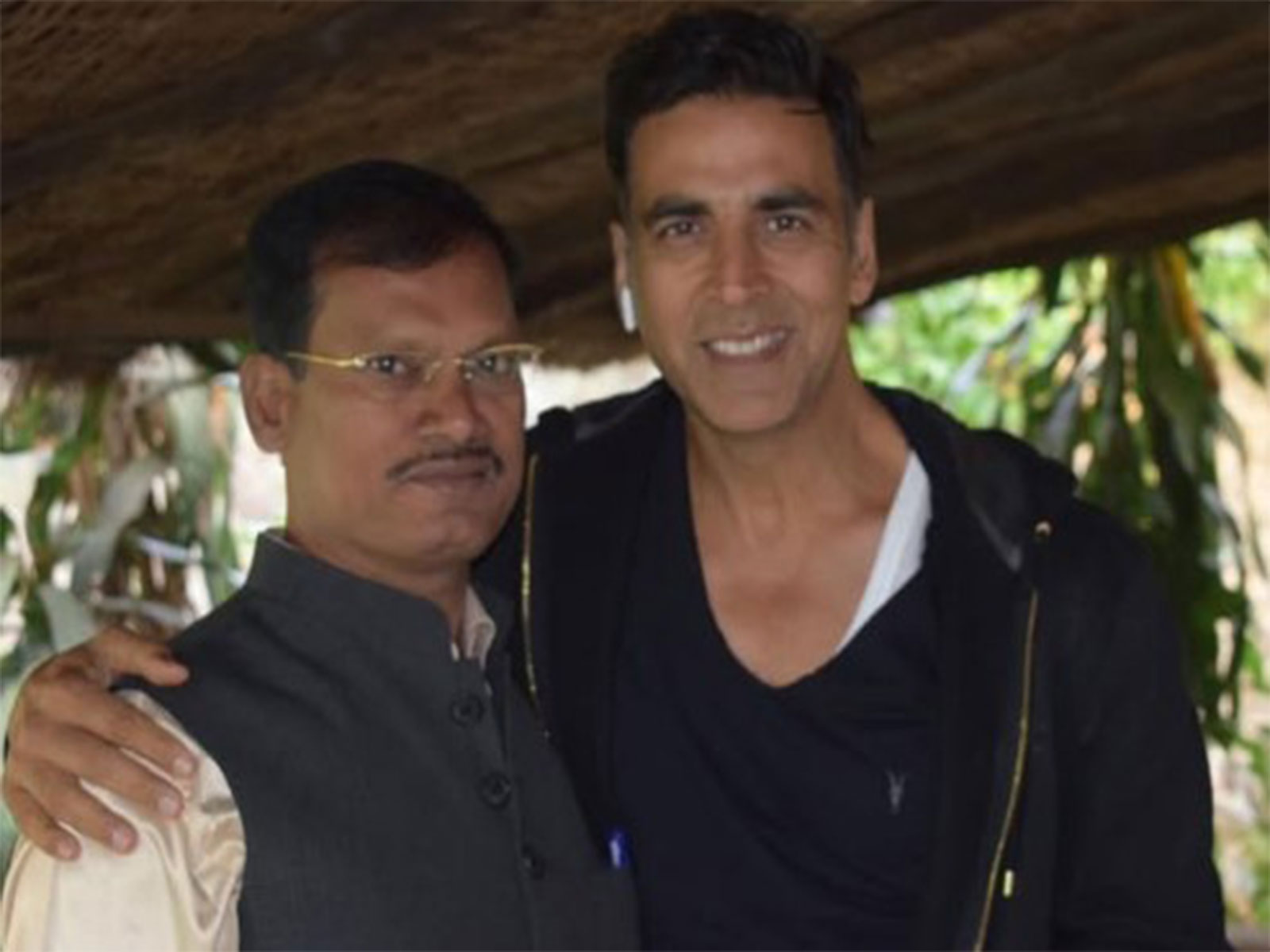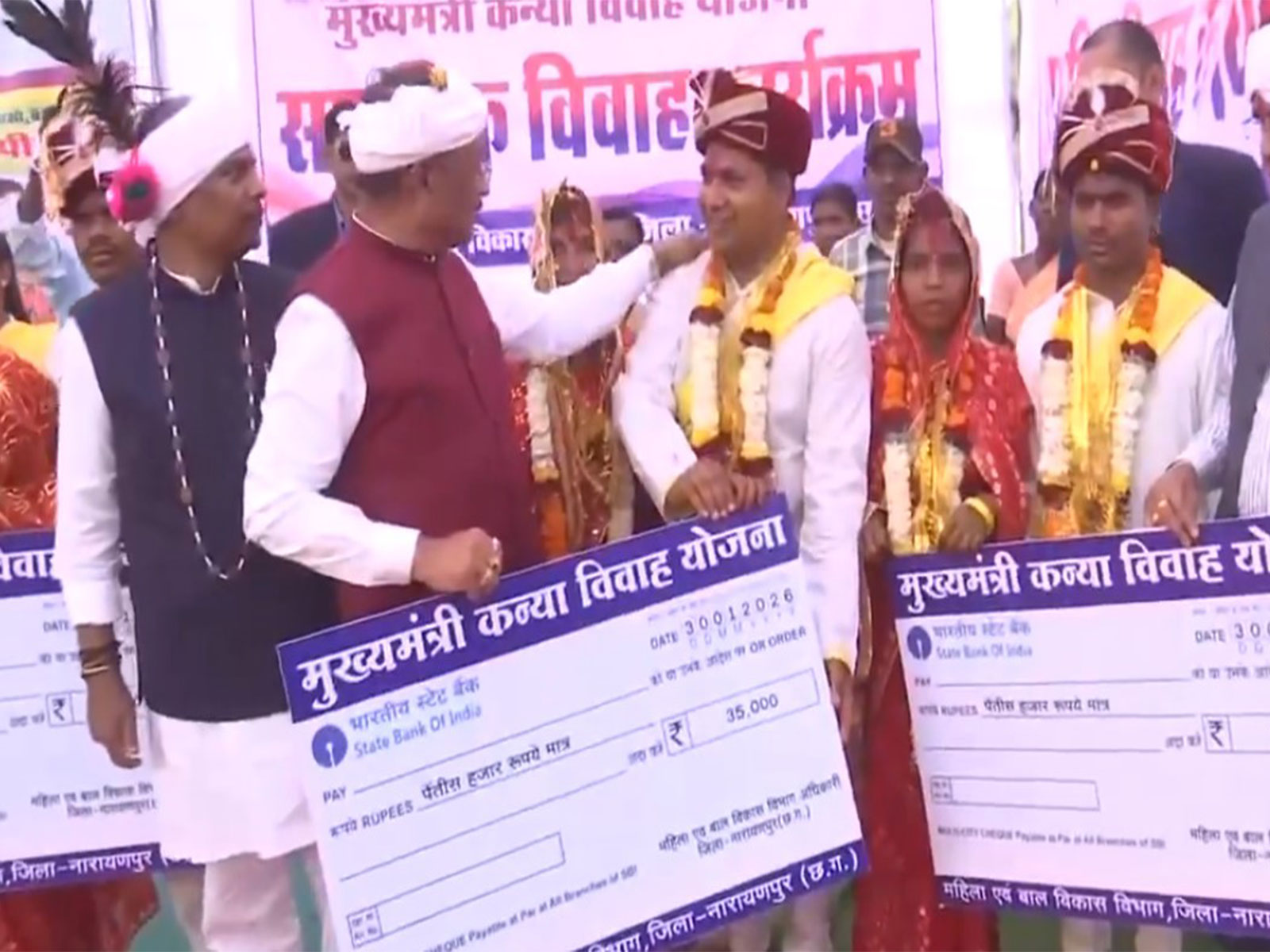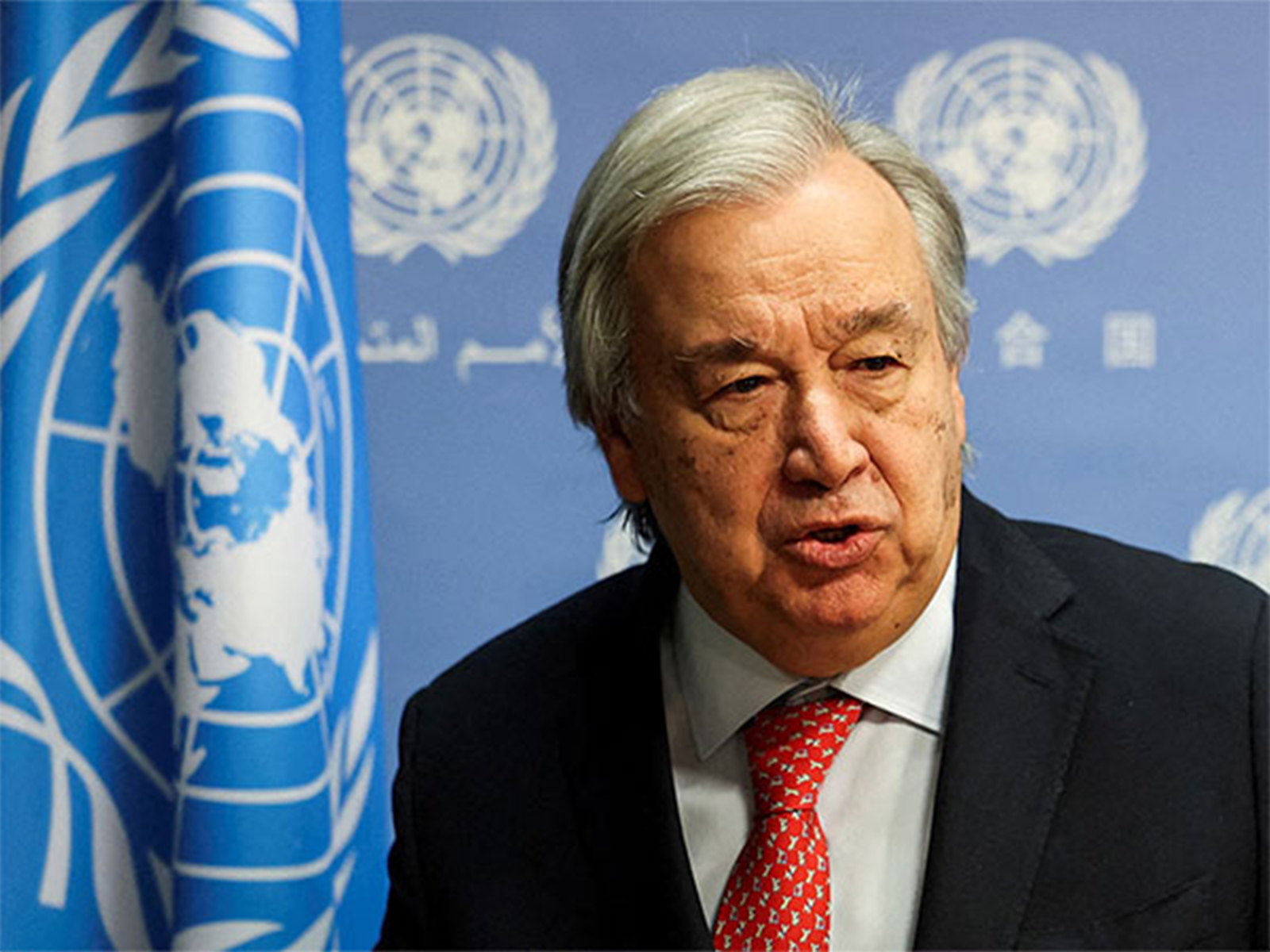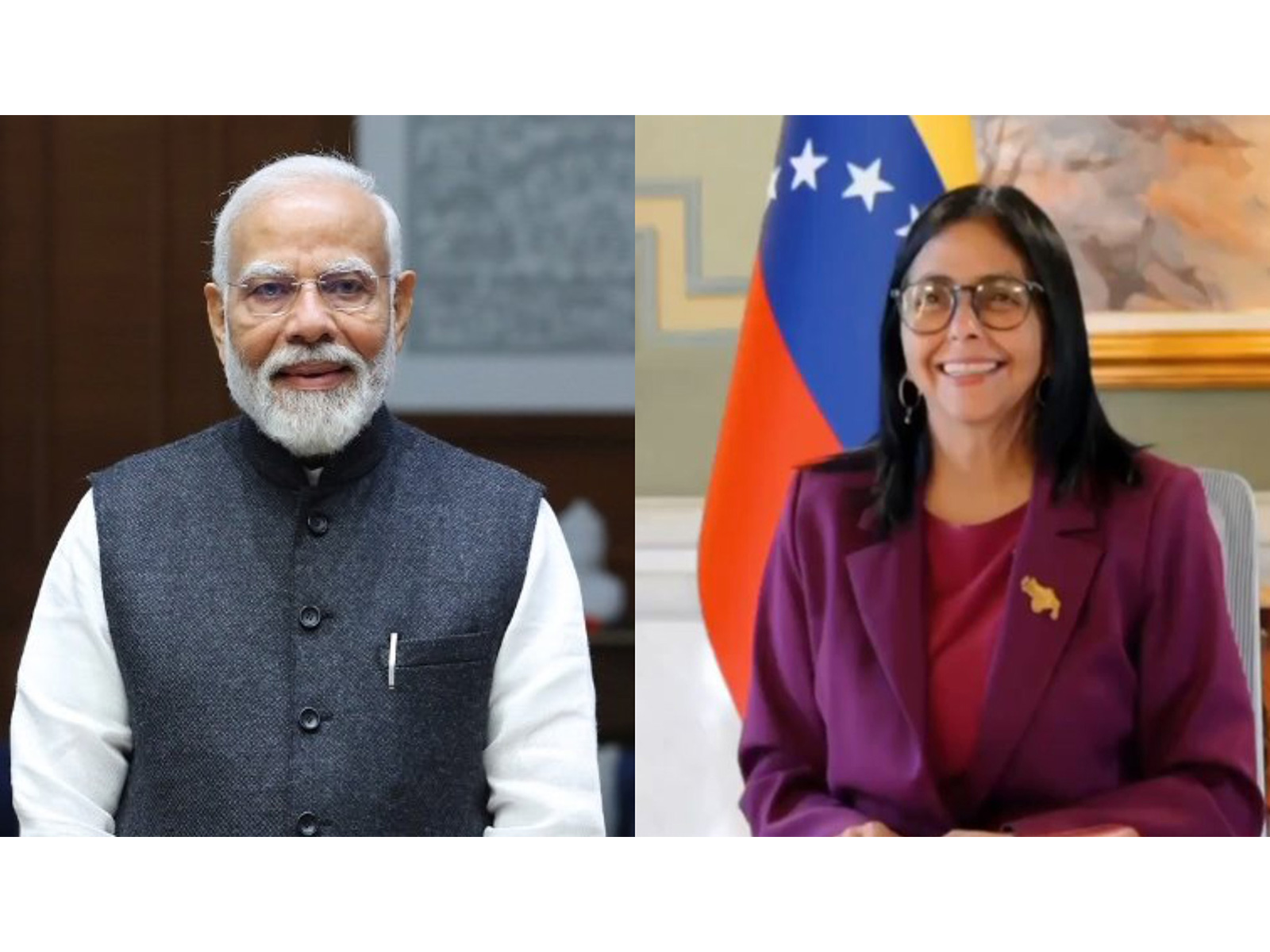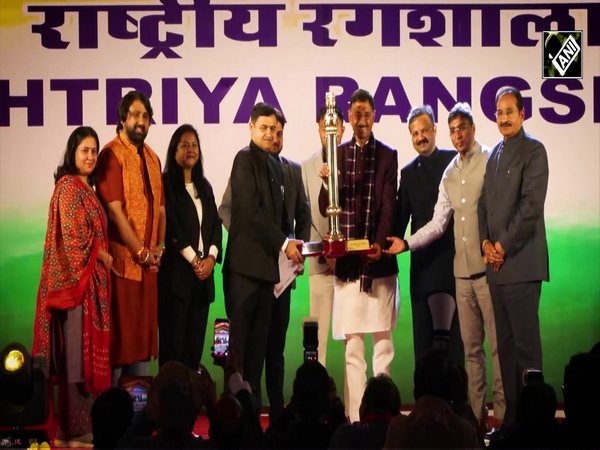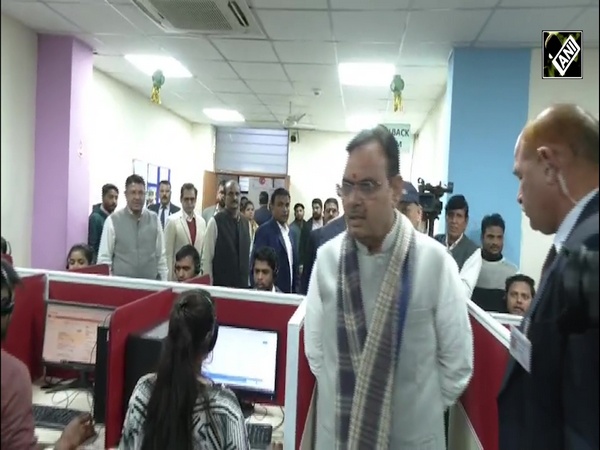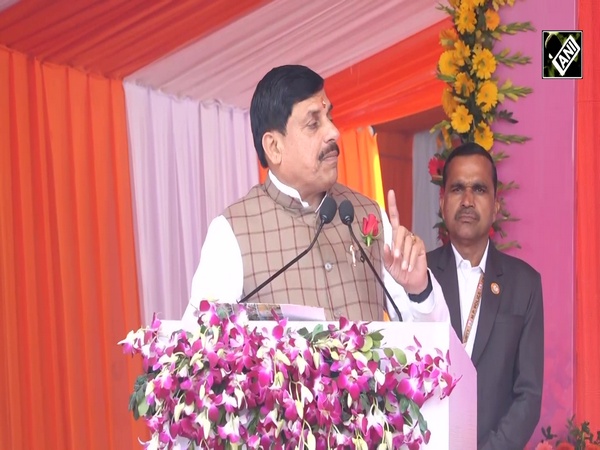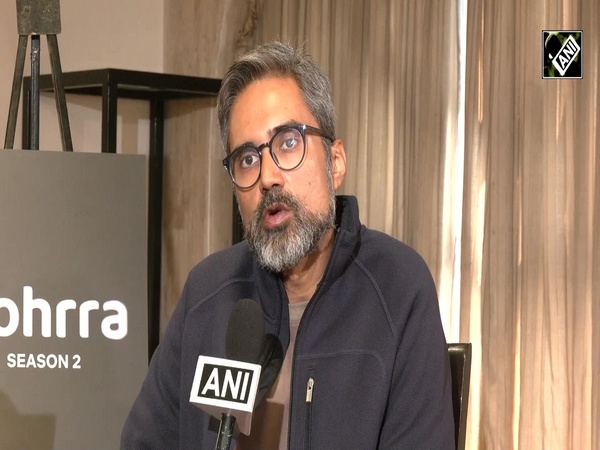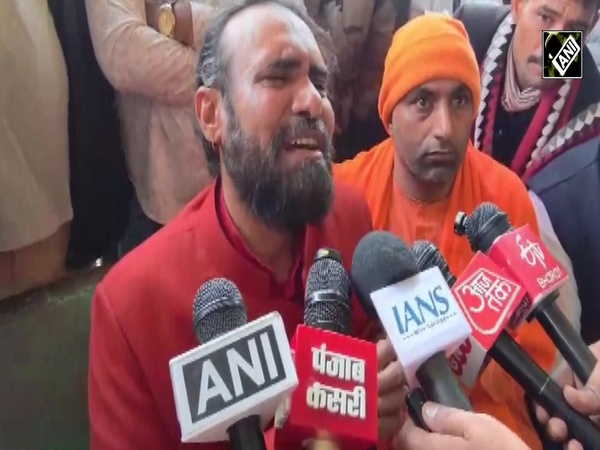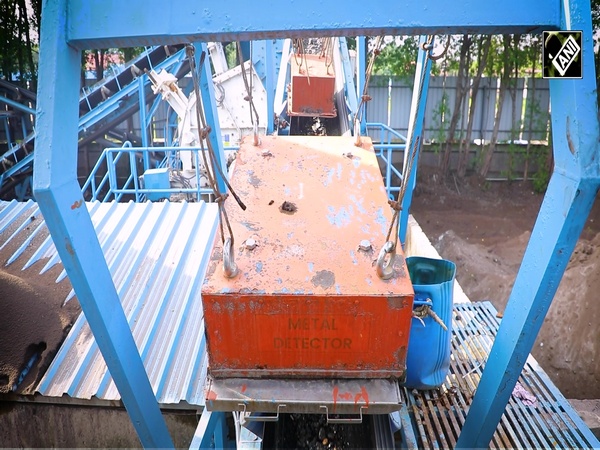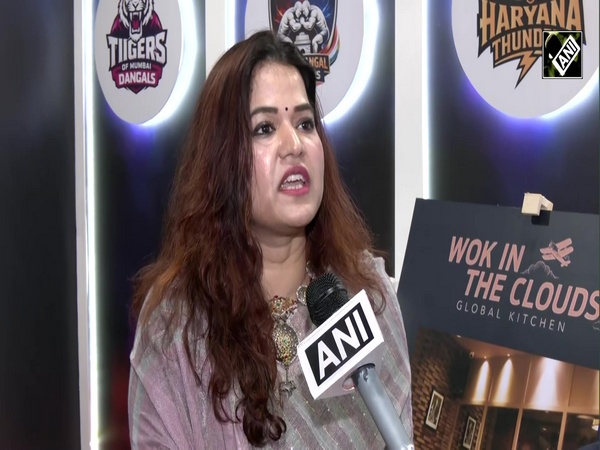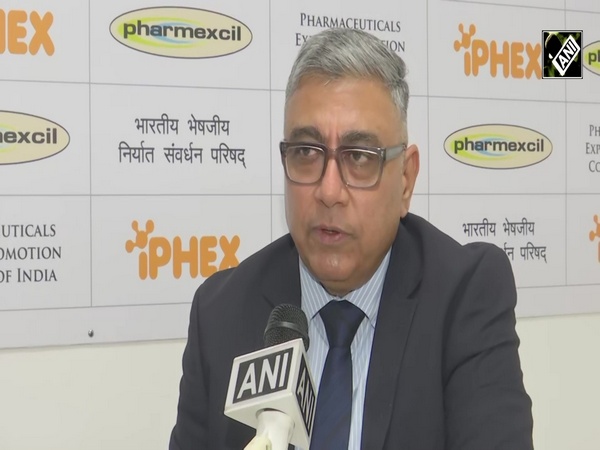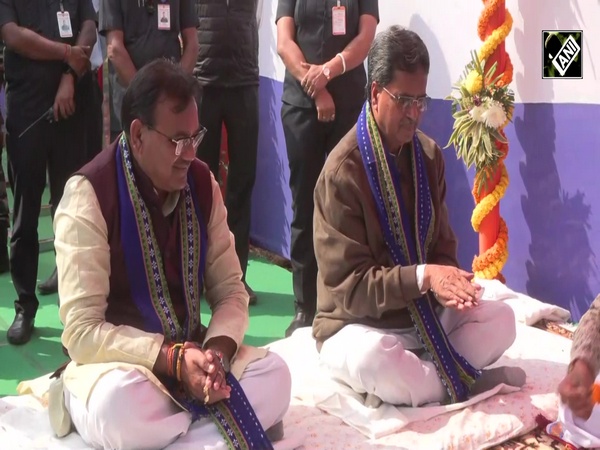Black pottery from Ukhrul shines as a symbol of tribal heritage
Jun 26, 2025

Ukhrul (Manipur) [India], June 26 : In the scenic hills of Ukhrul district lies Nungbi village, home to a centuries-old craft that speaks of tradition, resilience, and community -- the famed black pottery of the Tangkhul Naga tribe.
What sets this pottery apart is its entirely handmade process. Without using a potter's wheel, artisans shape vessels from a unique blend of crushed serpentine stone and natural clay. The stone, sourced from deep forest areas, is hand-pounded into fine powder, mixed with water, and moulded into beautiful utensils. The final product is sun-dried and fired in a traditional kiln, all using eco-friendly methods.
Somi Sharon, a local artisan, explained, "We collect materials from remote areas and grind them by hand. Around 200 families in our village are engaged in this craft. The main income of these family members comes from making pots. We export it to many places in India."
The black pottery is more than a utilitarian craft; it's a symbol of sustainable living. Naturally non-toxic and heat-retentive, the wares are perfect for both cooking and serving, and are gaining popularity in restaurants and eco-conscious households.
Thot Reiyo, another artisan, said, "We make different kinds of pots, kettle cups, and other utensils. Pottery is the main source of income for our village. Mostly, we make pots during the winter season, as rain prevents us from working. However, if we have proper shelter, we can continue making pots even in the rainy season. We sell our pots beyond Manipur, including in Delhi, Mumbai, and Nagaland."
As global interest in indigenous crafts grows, Ukhrul's black pottery is gaining recognition as a beacon of India's tribal artistry. It embodies a rich legacy passed down through generations -- a blend of nature, tradition, and skilled hands.
Preserving this heritage craft is not just about supporting livelihoods; it's about honouring the deep cultural roots that define the spirit of Manipur's hill communities.


